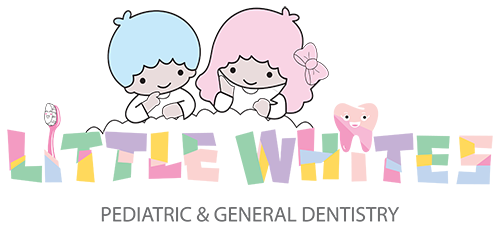Dental anxiety and phobia result in avoidance of dental care. It is a frequently encountered problem in dental offices. Formulating acceptable evidence-based therapies for such patients is essential, or else they can be a considerable source of stress for the dentist. These patients need to be identified at the earliest opportunity and their concerns addressed. The initial interaction between the dentist and the patient can reveal the presence of anxiety, fear, and phobia. In such situations, subjective evaluation by interviews and self-reporting on fear and anxiety scales and objective assessment of blood pressure, pulse rate, pulse oximetry, finger temperature, and galvanic skin response can greatly enhance the diagnosis and enable categorization of these individuals as mildly, moderately, or highly anxious or dental phobics. Broadly, dental anxiety can be managed by psychotherapeutic interventions, pharmacological interventions, or a combination of both, depending on the level of dental anxiety, patient characteristics, and clinical situations. Psychotherapeutic interventions are either behaviorally or cognitively oriented. Pharmacologically, these patients can be managed using either sedation or general anesthesia. Behavior-modification therapies aim to change unacceptable behaviors through learning, and involve muscle relaxation and relaxation breathing, along with guided imagery and physiological monitoring using biofeedback, hypnosis, acupuncture, distraction, positive reinforcement, stop-signaling, and exposure-based treatments, such as systematic desensitization, “tell-show-do”, and modeling. Cognitive strategies aim to alter and restructure the content of negative cognitions and enhance control over the negative thoughts. Cognitive behavior therapy is a combination of behavior therapy and cognitive therapy, and is currently the most accepted and successful psychological treatment for anxiety and phobia. In certain situations, where the patient is not able to respond to and cooperate well with psychotherapeutic interventions, is not willing to undergo these types of treatment, or is considered dental-phobic, pharmacological therapies such as sedation or general anesthesia should be sought.





